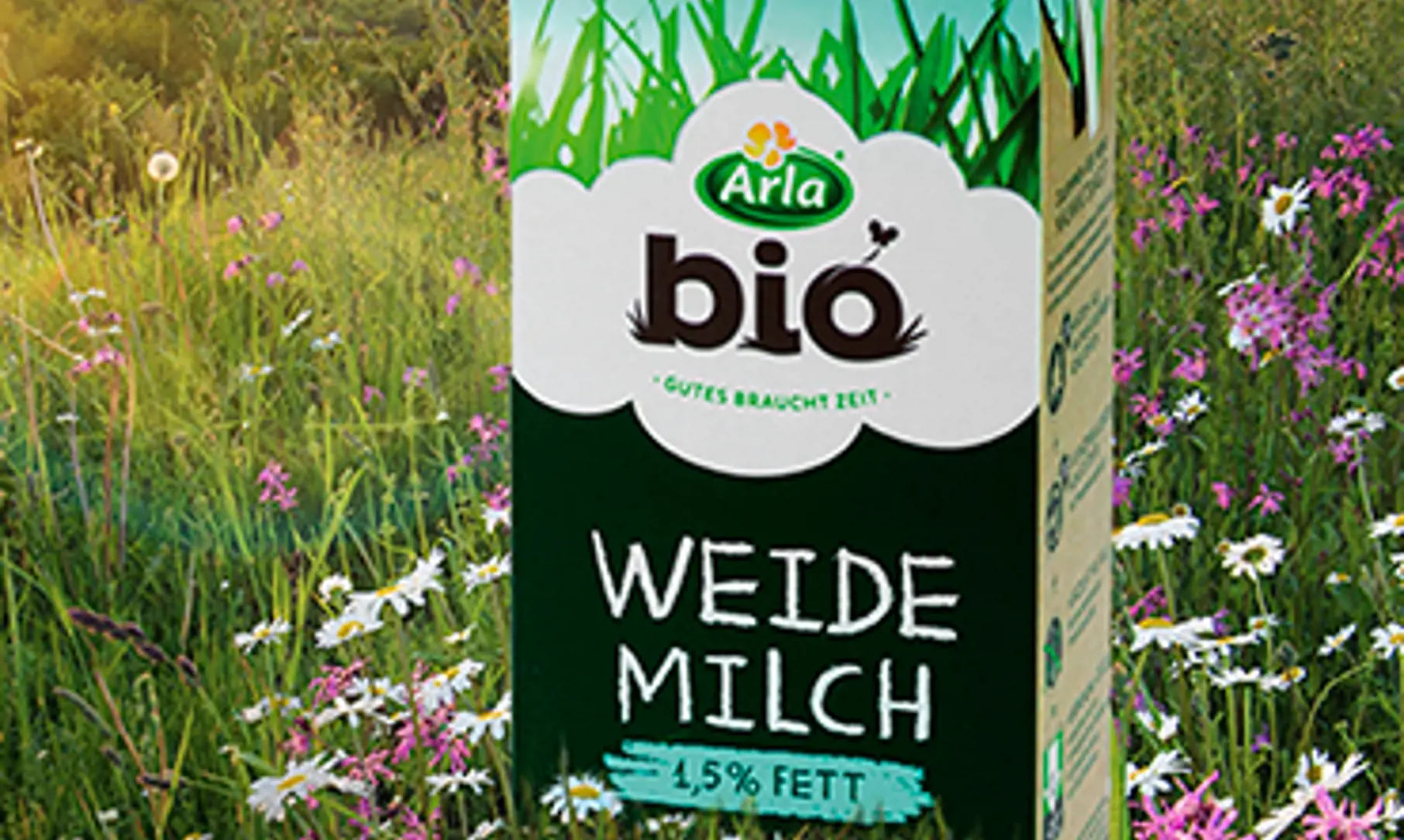The age of aluminium free

In part six of The Big Questions series, exploring the future of the food and beverage industry, we ask if aseptic packaging can become completely aluminium free
Earlier in our Big Questions series, we looked at whether packaging is facing a plastic-free future. But could the same be said for aluminium? With growing concern and scrutiny surrounding its environmental and social impact, aluminium is now under the spotlight. So as the industry considers its usage, we ask whether aseptic packaging can be free from aluminium?
The aluminium dilemma
To answer that question, we have to first look at why aluminium is used in aseptic packaging. Most aseptic carton packs have an ultra-thin barrier layer of aluminium – typically seven times thinner than a human hair. This aluminium layer protects a pack’s contents from light and oxygen, keeping products like milk and juice safe and nutritious for months without refrigeration, which in turn saves energy and emissions through efficient storage and distribution.
While it has a number of clear benefits, producing aluminium demands a lot of natural resources and energy. Clear-cutting trees and grasslands for mining can impact biodiversity and increase emissions. Refining and production can result in hazardous by-products. And because of the way aluminium is traded, it can be difficult to trace back to its original source.
Taking more responsibility
With food and beverage producers under pressure to act sustainably, the impact of aluminium – like plastic – is forcing the industry to consider more responsible aluminium sourcing. To help drive this, the Aluminium Stewardship Initiative (ASI) is working to establish a global standard certifying responsible sourcing, processing and production – ensuring greater traceability in the aluminium supply chain.
SIG was the first in the industry to achieve certification to the ASI standard and offer beverage cartons with ASI-certified aluminium. The initiative sets strict requirements on a broad range of ethical, environmental and social topics. And by setting these clear standards in the aluminium industry for the first time, ASI certification will catalyse improvements for people and the environment throughout the value chain.
Offering an alu-free choice
While ASI certification is driving change, many producers are looking to eliminate aluminium from their beverage products completely. Aluminium has long been an integral part of aseptic packaging yet SIG was able to create the first-ever aluminium-free packaging structures for businesses who want to help consumers make even more sustainable choices.
In fact, our EcoPlus, SIGNATURE PACK 100 and Heat&Go solutions are currently the only alu-free aseptic structures in the market – helping minimise fossil resources in packaging production while preserving the safety and nutritional quality of products. So whether producers choose an SIG structure with or without aluminium, they can rest assured that they’re making a more responsible packaging choice.
Want to read more stories like this? Then sign up to the SIGnals Update – our bi-weekly newsletter. Subscribe now to get the latest news and stories sent straight to your inbox.
Aluminium free in action
Check out our case story with Arla and see how they’re meeting consumer demands while driving sustainability with our aluminium-free SIGNATURE PACK 100. Get your copy of the case by filling out the download form below.

- tháng 2 19, 2020
